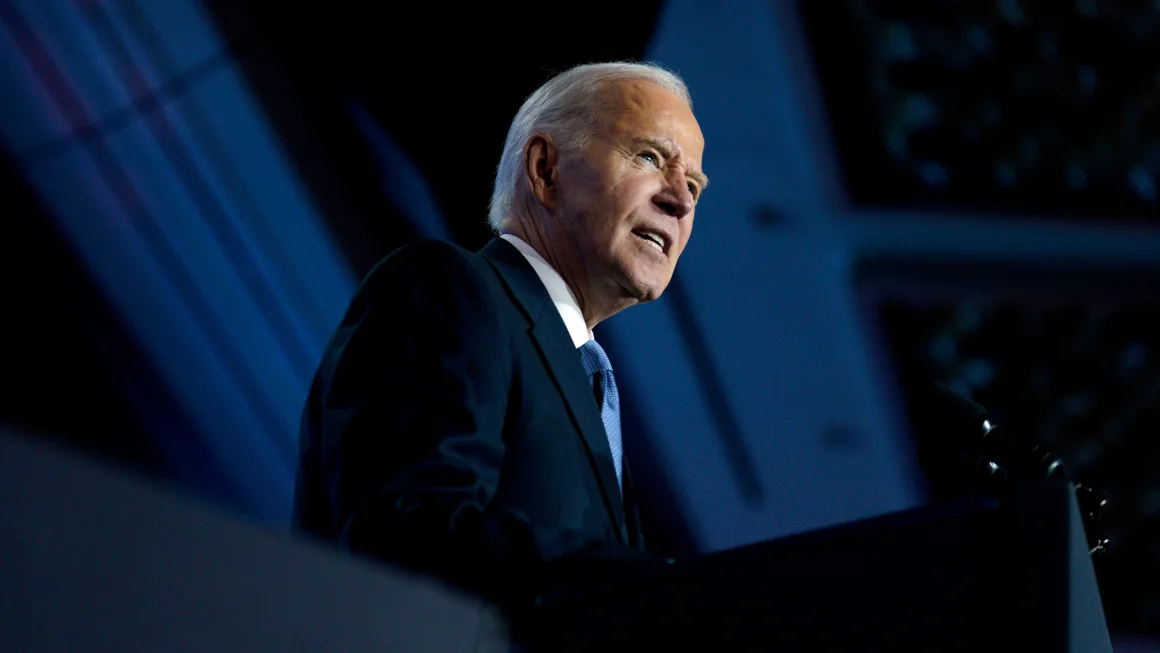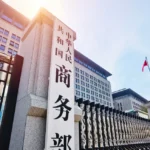In a major escalation of the ongoing trade war, China announced retaliatory tariffs of 84% on US goods on Wednesday, directly responding to sweeping new levies introduced by former President Donald Trump earlier in the day. This move further deepens tensions between the world’s two largest economies.
Trump’s new “reciprocal” tariffs pushed the total US levy on Chinese goods to at least 104%. In response, Beijing’s State Council Tariff Commission condemned the US action, calling it a “mistake upon mistake” that violates China’s rights and threatens the global trade system.
The tit-for-tat measures have rattled global markets, with Asian and European stocks sliding and US markets opening mixed. As both sides dig in, the European Union has joined the fray, announcing that it will begin collecting its own retaliatory tariffs on US imports starting next Tuesday. This came in response to Trump’s earlier decision to sharply raise tariffs on imported steel and aluminum.
China’s latest countermeasures include export controls on 12 American firms, preventing Chinese companies from supplying dual-use goods — those with both civilian and military applications. Six more US companies were also added to China’s “unreliable entity list,” effectively banning them from Chinese markets. Additionally, China has lodged a formal complaint with the World Trade Organization.
US Treasury Secretary Scott Bessent downplayed China’s actions, stating that China’s economy relies heavily on exports to the US and calling them “the worst offenders in the international trading system.” He said the imbalance in trade gives the US an upper hand, asserting that “they can raise their tariffs, but so what?”
While China’s tone has remained defiant, it has also emphasized its openness to negotiation. A spokesperson for China’s Foreign Ministry said the US must adopt an attitude of “equality, respect, and mutual benefit” if it wants meaningful dialogue.
China also published a white paper criticizing the US for its “unilateral and protectionist” stance. An official from the Commerce Ministry reiterated that while China does not want a trade war, it will not hesitate to protect its interests.
Despite growing confidence in its domestic economy, fueled by recent policy support and consumer stimulus efforts, China is preparing for potential hits to its export sector. Trade between the US and China reached around $500 billion last year — a sign of how high the stakes are.
“If the US continues to escalate, China has the determination and the tools to respond firmly — and will not back down,” said the official.
With the world economy watching closely, the trade war appears far from over.














